Board of Trustees
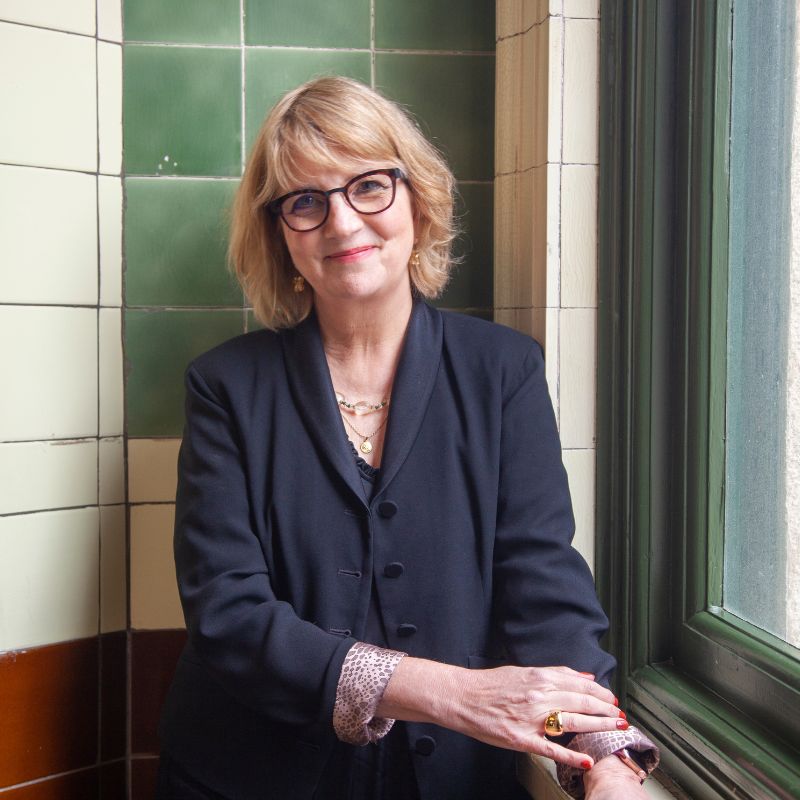
Libby Giles
Libby Giles is the Director of the New Zealand Centre for Global Studies. She specialises in global citizenship education, which she sees as a key tool in response to global challenges and that sits at the heart of all the Centre’s kaupapa.
With a teaching and senior leadership background, Libby has a particular interest in whole school/organisation models that include strategic planning, community engagement, capacity building, formal and non-formal learning. Her recent and current roles have provided a broad platform for support in policy and practice.
Libby’s approach is centred on universal principles in the delivery of programmes that are context honouring and that empower learners to embrace opportunity with knowledge, skills, courage and responsibility. An active member of local, regional, and global networks, Libby is committed to growing an ecosystem that supports connected interests, capabilities and solutions, prioritising our Pacific region.

Nanaia Mahuta
Nanaia Mahuta served in Parliament for 27 years, in several spokesperson roles and as a Minister during the Clark and Ardern Governments.
In 2016, Nanaia received her moko kauae and was the first female Parliamentarian to address the house, symbolic of her unwavering commitment to her whakapapa and representing her identity on national and global stages. In 2017 Nanaia was the first female Minister for Māori Development and in 2020 the first female Minister of Foreign Affairs.
During her most recent service as Minister, Nanaia introduced the concept of Indigenous values to Aotearoa New Zealand’s diplomacy toolkit, strengthened the relationship with the Pacific based intergenerational whanaungatanga values, initiated the first Kaupapa Māori Housing strategy, introduced the Government social procurement target for Māori and Pacific peoples, initiated the Australian and Canadian Collaboration agreements and sought indigenous chapters in the UK and EU RTA agreements.
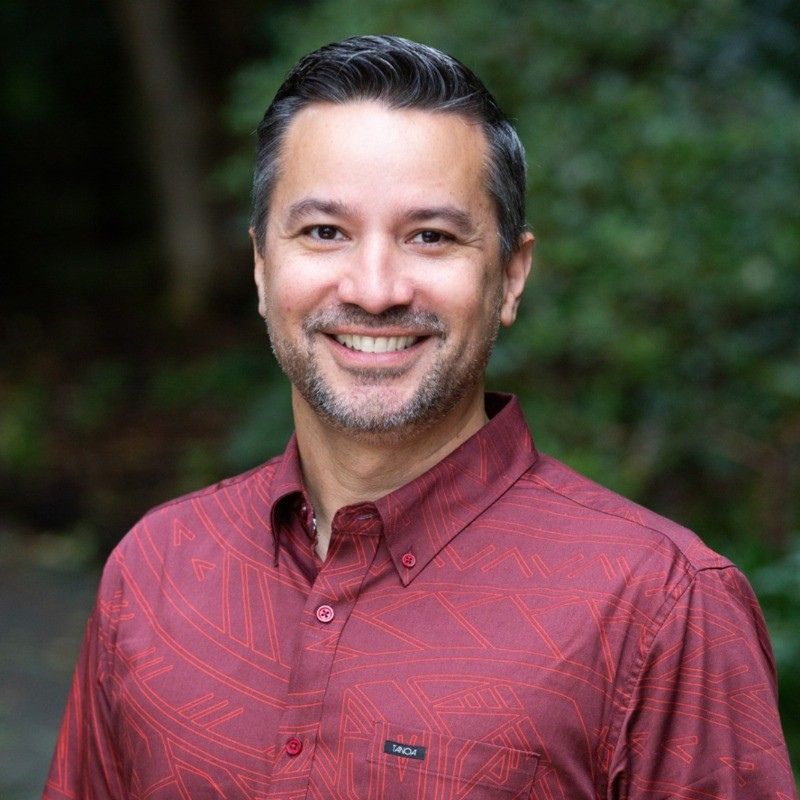
Assoc Prof Guy Fiti Sinclair
Guy Fiti Sinclair BA/LLB(Hons) (Auck), LLM(Hons) (Auck), JSD (NYU) is Associate Professor and Associate Dean (Pasifika) at Auckland Law School, and a Senior Research Fellow of the NZ Centre for Public Law (NZCPL). He was previously Ass. Prof. at VUW’s Faculty of Law.
Guy’s principal areas of teaching and research are public international law, the law of international organisations, and international economic law. He was recipient in 2018 of the European Society of International Law Book Prize for “To Reform the World: International Organizations and the Making of Modern States” (OUP, 2017).
He currently has a Rutherford Discovery Fellowship of the NZ Royal Society – Te Aparāngi and was recently accorded a Student Choice Teaching Excellence Award by Auckland University. Guy is also the Programme Coordinator of the NZCGS Global Law and Governance Programme.
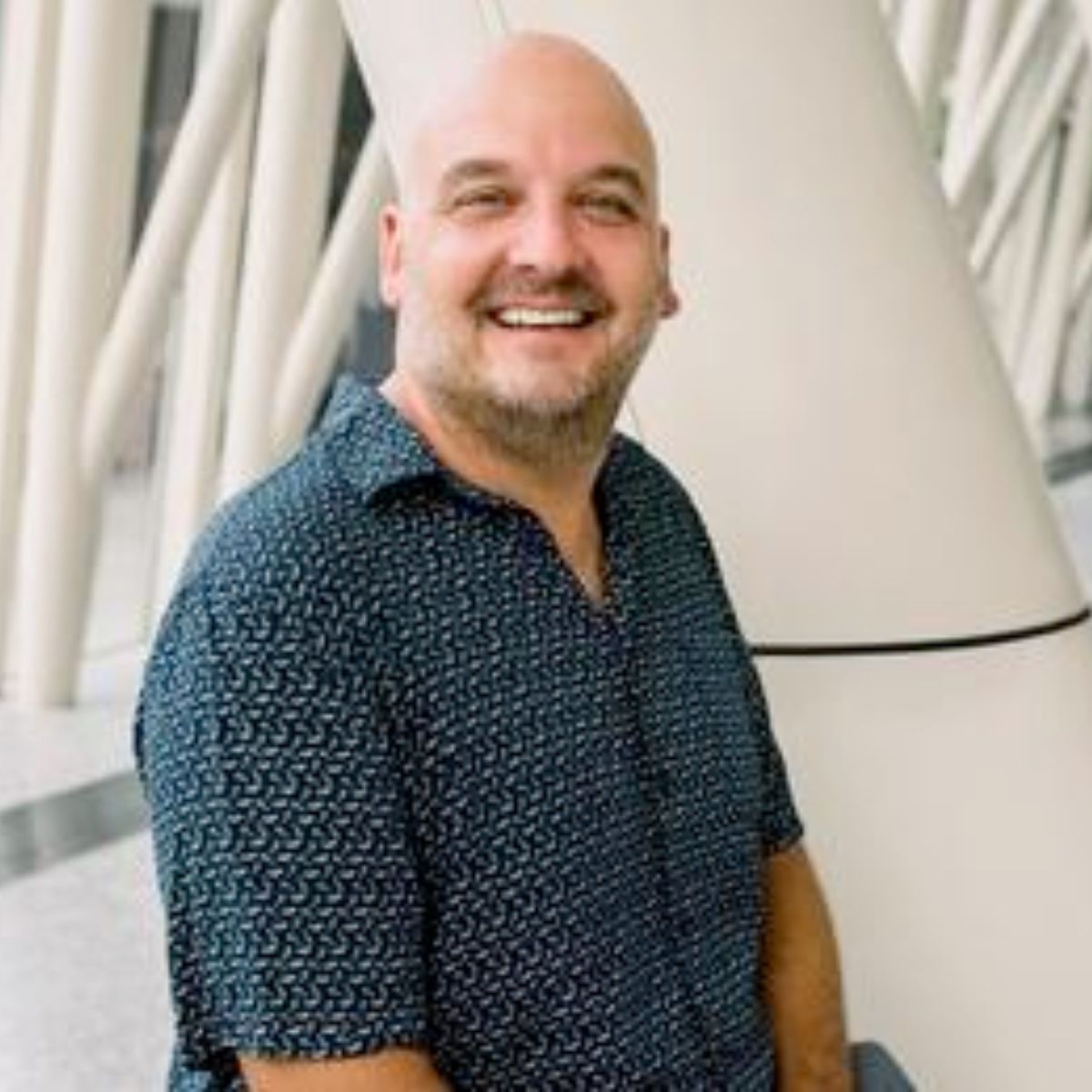
Assoc Prof Jamie Gillen
Jamie is director and senior lecturer in Global Studies at the University of Auckland. He trained as a geographer at the University of Colorado (PhD 2008) and the University of Kentucky (MA 2003), and in business at Virginia Tech (BS 1999).
Jamie’s research interests centre on societies and everyday life in mainland Southeast Asia, particularly Vietnam. He has written extensively about tourism, with a concentration on the politics of tourism, and maintains active research on urbanization, rural-urban relations, agrarian change, and culture. Jamie’s academic website is here: https://profiles.auckland.ac.nz/jamie-gillen.
Prior to his appointment at the University of Auckland Jamie worked at the National University of Singapore (2011-2019), Auburn University (2010-2011), and Miami University-Ohio (2007-2010).
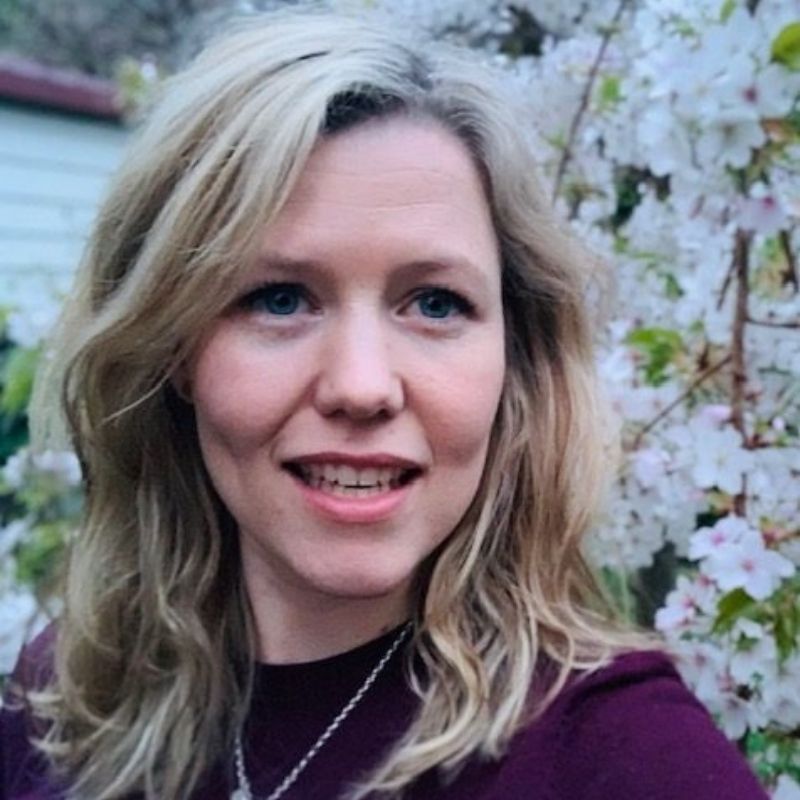
Claire Waghorn
Claire is a Barrister & Solicitor of the NZ High Court with a focus on International Law. She has a MSc in International Relations (LSE, London); and an LLB and BA (Hons) in Diplomacy & International Relations (Canterbury University). She is currently working as a Sustainability / Climate Advisor to accelerate the transition within the aviation sector towards zero carbon.
A member of the NZ Institute of Directors, NZ Institute of International Affairs, Board Member for Ōtautahi/Kaikoura Lottery Community Board, Director of Hollin Consulting NZ.
Previous roles include International Secretary for the Asia Pacific Green Federation, Parliamentary Researcher and Issues Assistant for the Green Party of Aotearoa New Zealand, and Ministry of Foreign Affairs Foreign Policy Officer.
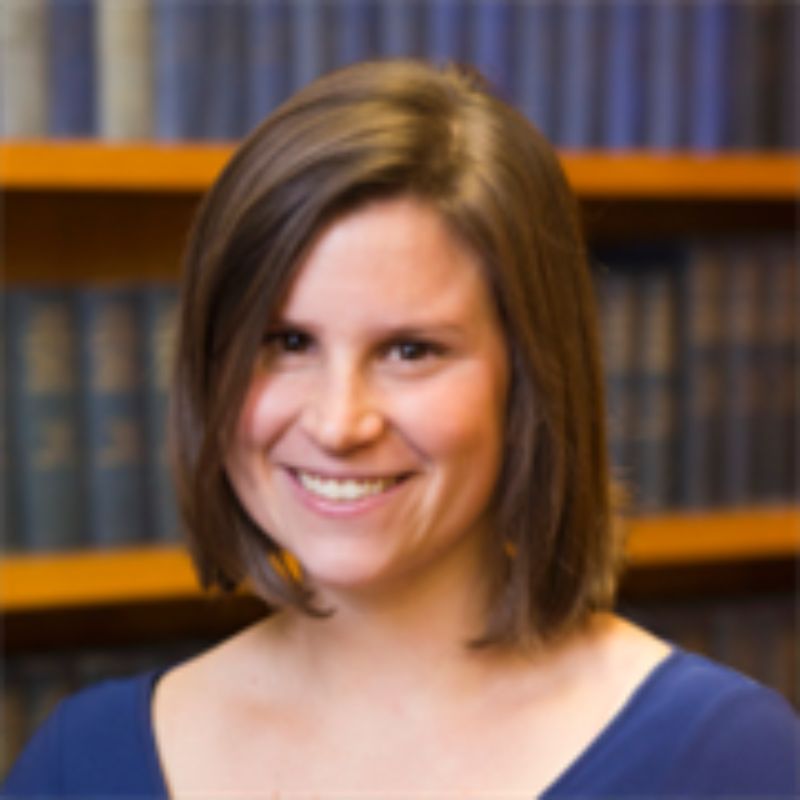
Assoc Prof Anna Hood
Anna is an associate professor at the Auckland Faculty of Law. She is a public international law academic whose research focuses primarily on international disarmament law, international law and security and international law in Aotearoa New Zealand.
Outside of her international legal work, Anna also has a keen research interest in the role of law schools and universities in 21st century democracies as well as gender issues in the legal profession.
In addition to her academic teaching and research activities, Anna provides pro bono international legal advice to a range of civil society organisations and governments. In August 2022, she was the civil society participant in the New Zealand delegation to the Nuclear Non-Proliferation Treaty Review Conference in New York and from 2018-2022 she was the Vice President of the Australia New Zealand Society of International Law.
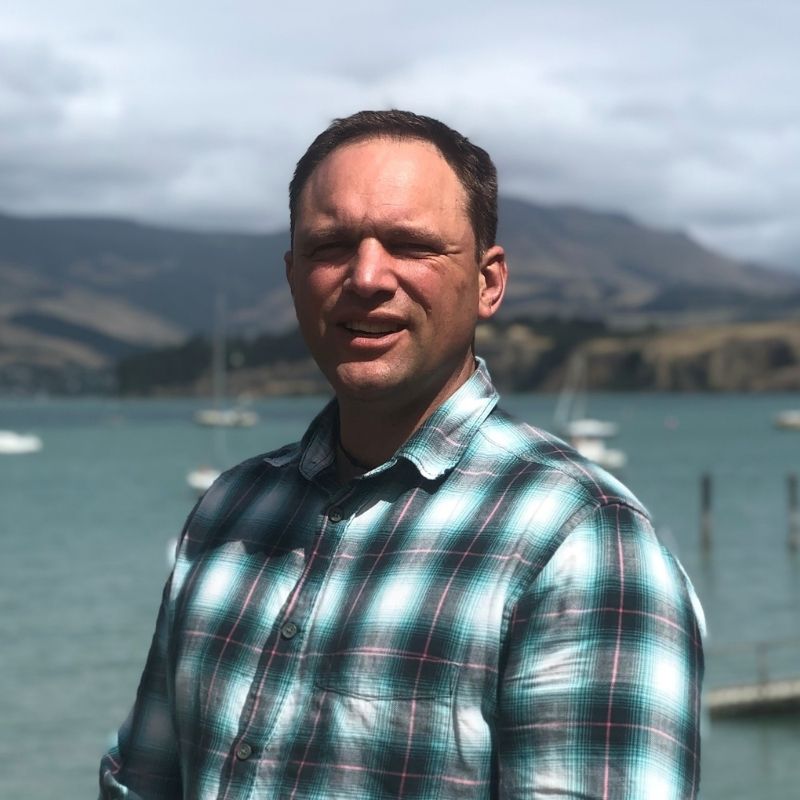
Jeremy Webb
Jeremy Webb has over 20 years experience on issues of climate change, water, energy, minerals, environmental accounting and development, both in New Zealand and with the United Nations.
Jeremy also has a PhD in Science, Technology, Engineering and Public Policy from University College London where he was “Exploring Preconditions for Effective Global Responses to Climate Change” and recently established the Tiaki Institute including its flagship programme on green growth.
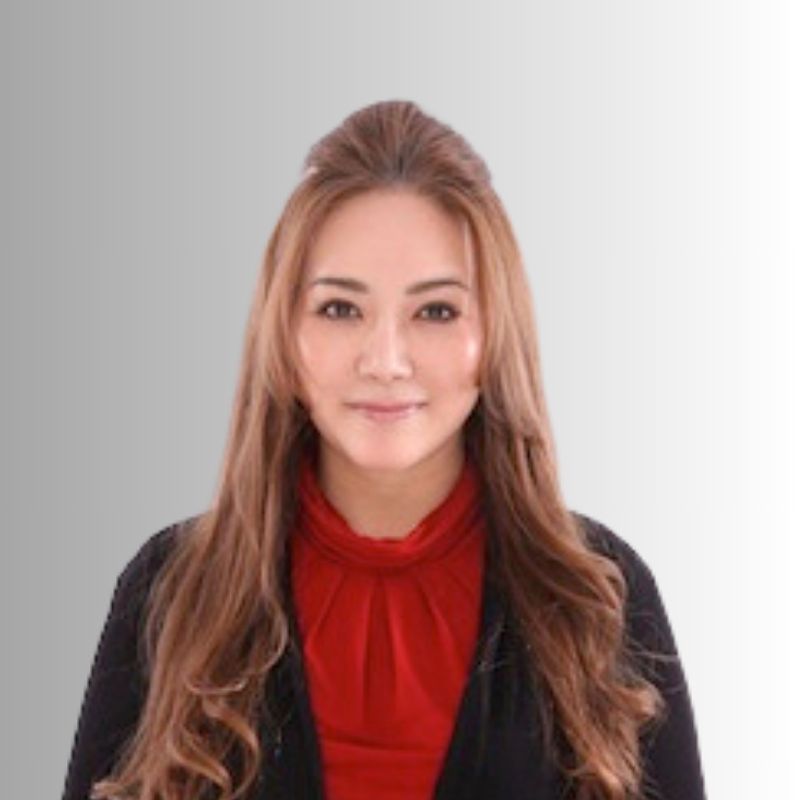
Dr Ria Shibata
Dr Ria Shibata earned her Masters degree in global studies from Sophia University, and Ph.D. in peace and conflict studies from the University of Otago, New Zealand.
She is the Centre’s first Senior Research Fellow, with the support of Toda Peace Institute (Tokyo). She is also a Visiting Scholar at the University of Auckland.
Her primary research interest is in conflict resolution and reconciliation in Northeast Asia with particular focus on the intricate aspects of national identity, historical memory, and competitive victimhood.
One of her interests lies in understanding the way collective memories of historical traumas shape a group’s identity, often acting as impediments in restoring damaged relationships between the aggrieved and the aggressor.
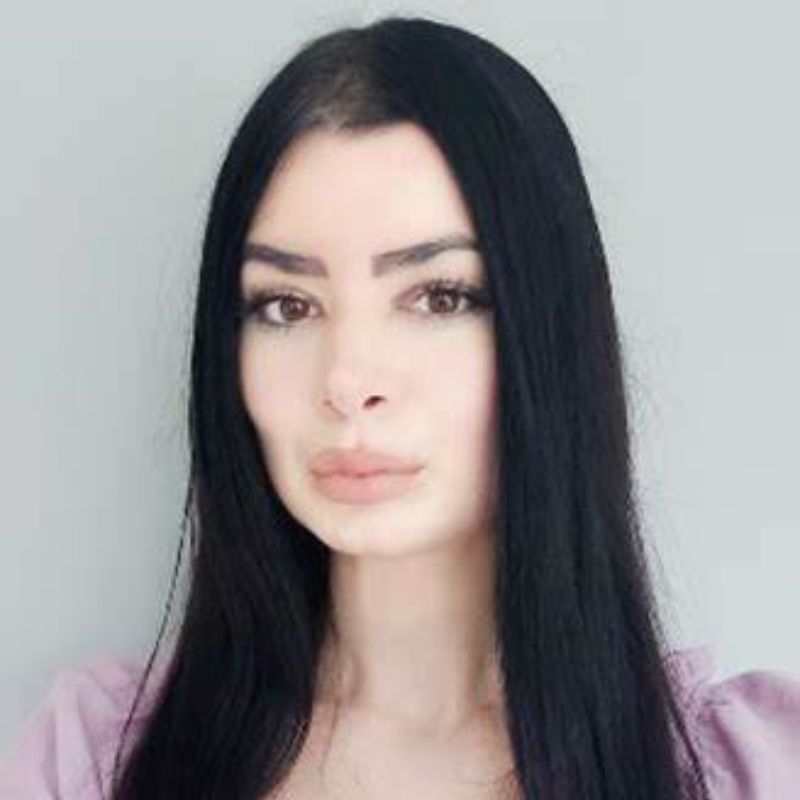
Ellen Dixon
Ellen Dixon is a member of the Education2030 High-Level Steering Committee hosted by UNESCO, and the UNESCO Global Education Monitoring Report Advisory Board. She has also held advisory roles to UNESCO IESALC, UNESCO Bangkok, and ActionAid International. Ellen also played a significant role in the creation of regional events such as the 6th Asia-Pacific Meeting on Education 2030, the inaugural International Day of Digital Learning, and the inaugural Conference of Pacific Education Ministers.
Ellen has held domestic appointments for the New Zealand Minister of Education through the Ministry of Education, the Board of Commissioners for the Tertiary Education Commission, and for the New Zealand Vice-Chancellors’ Committee. She has held management roles for domestic and global NGOs, specifically in relation to human rights and education.
